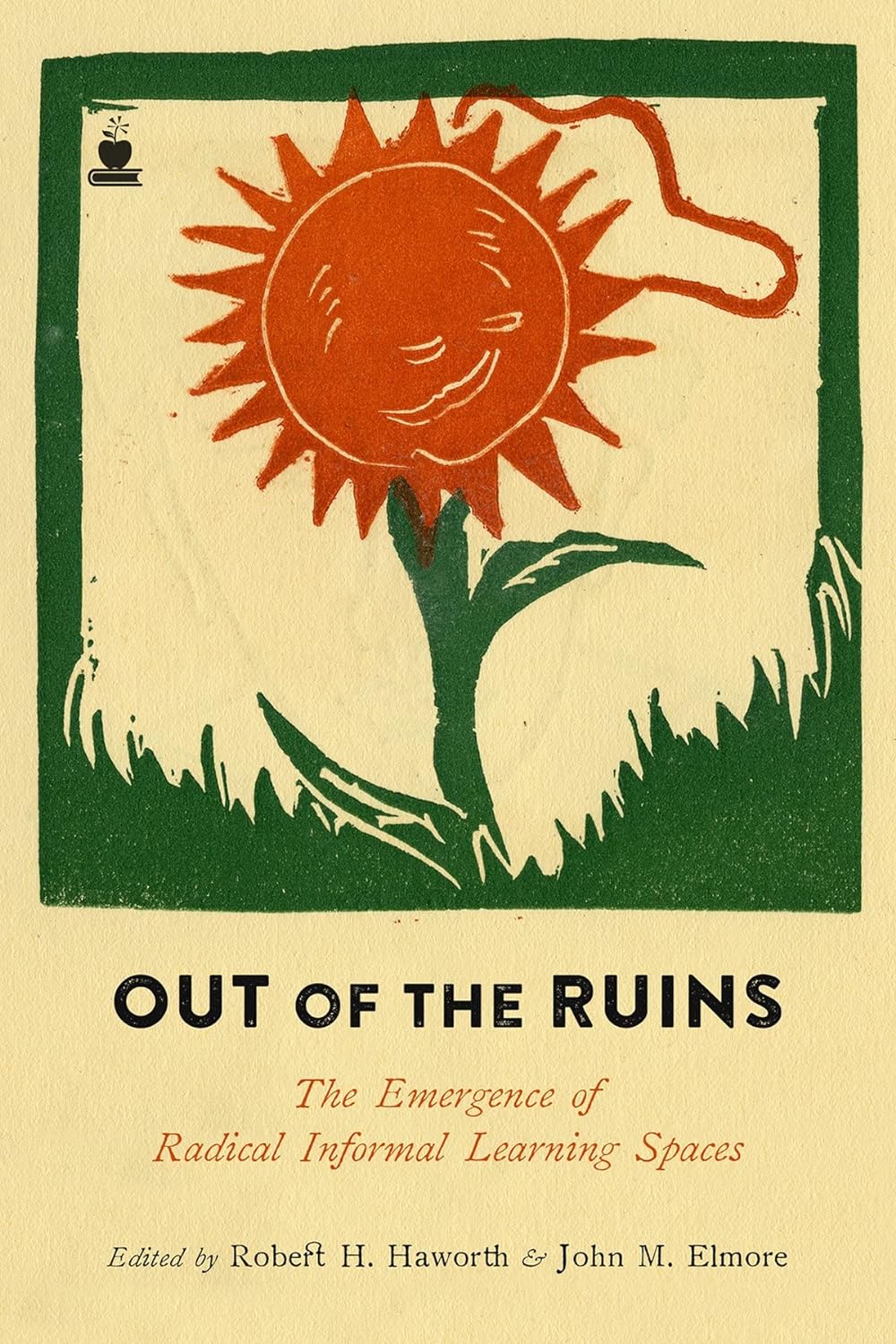Out of the Ruins: The Emergence of Radical Informal Learning Spaces
Out of the Ruins: The Emergence of Radical Informal Learning Spaces
PM Press 9781629632391
Couldn't load pickup availability
Contemporary educational practices and policies across the world are heeding the calls of Wall Street for more corporate control, privatization, and standardized accountability. There are definite shifts and movements towards more capitalist interventions of efficiency and an adherence to market fundamentalist values within the sphere of public education. In many cases, educational policies are created to uphold and serve particular social, political, and economic ends. Schools, in a sense, have been tools to reproduce hierarchical, authoritarian, and hyper-individualistic models of social order. From the industrial era to our recent expansion of the knowledge economy, education has been at the forefront of manufacturing and exploiting particular populations within our society.
The important news is that emancipatory educational practices are emerging. Many are emanating outside the constraints of our dominant institutions and are influenced by more participatory and collective actions. In many cases, these alternatives have been undervalued or even excluded within the educational research. From an international perspective, some of these radical informal learning spaces are seen as a threat by many failed states and corporate entities.
Out of the Ruins sets out to explore and discuss the emergence of alternative learning spaces that directly challenge the pairing of public education with particular dominant capitalist and statist structures. The authors construct philosophical, political, economic and social arguments that focus on radical informal learning as a way to contest efforts to commodify and privatize our everyday educational experiences. The major themes include the politics of learning in our formal settings, constructing new theories on our informal practices, collective examples of how radical informal learning practices and experiences operate, and how individuals and collectives struggle to share these narratives within and outside of institutions.
Contributors include David Gabbard, Rhiannon Firth, Andrew Robinson, Farhang Rouhani, Petar Jandrić, Ana Kuzmanić, Sarah Amsler, Dana Williams, Andre Pusey, Jeff Shantz, Sandra Jeppesen, Joanna Adamiak, Erin Dyke, Eli Meyerhoff, David I. Backer, Matthew Bissen, Jacques Laroche, Aleksandra Perisic, and Jason Wozniak.
Share

